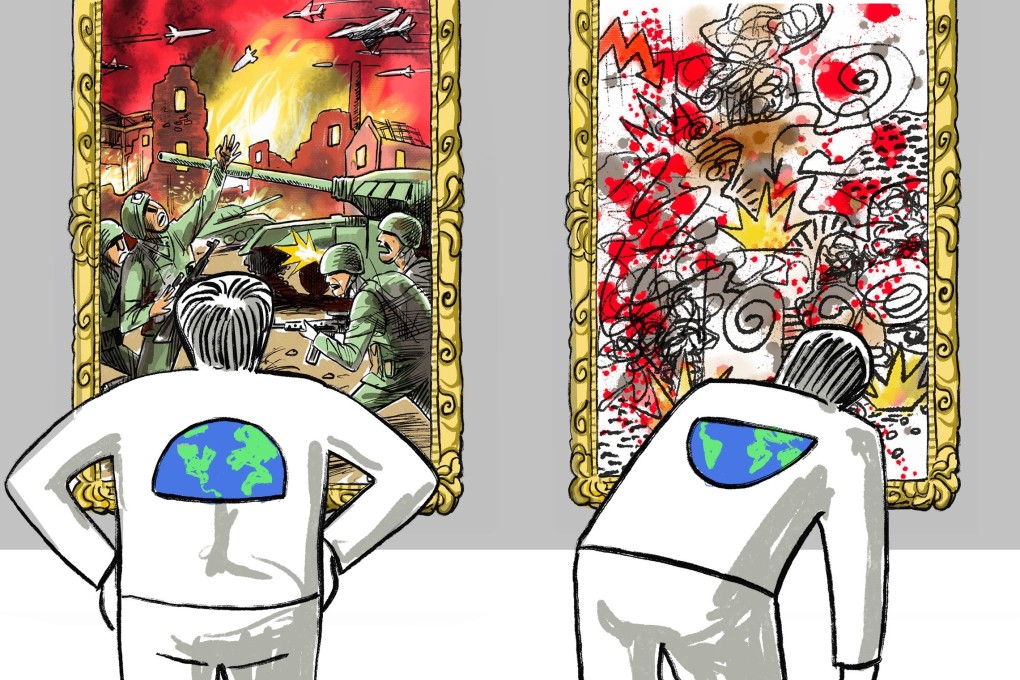Advertisement
Opinion | Ukraine war: time to take Global South and its diverse views seriously
- Focusing only on the combatants, Europe, Nato and China in any discussion on Russia’s invasion of Ukraine risks ignoring large parts of the world
- Attitudes towards the war are complex and varied among nations in the Global South, and they should be part of the global conversation
Reading Time:3 minutes
Why you can trust SCMP
7

There is more to Russia’s invasion of Ukraine than just Russia, Ukraine, the European Union, Nato and China. This statement might seem somewhat controversial – after all, these five actors, especially the first two, are capable of wielding the greatest leverage over the unfolding events.
Advertisement
Yet by focusing the discussion on their preferences and policies, the risk is that large parts of the world are ignored. Not only does the Global South – which includes developing countries across Asia, Africa, Latin America and Oceania that have tended to be excluded from global institutions and organisations – have skin in the game, these nations also possess varying degrees of agency in relation to the war.
This gives rise to a vast diversity in their positions, which renders the neglect towards them in mainstream discourse such a fundamental mistake.
There are two competing characterisations of the Global South’s reaction to the war. The first narrative portrays the countries as largely in quiet admiration of Ukraine’s willingness to stand up to Russia’s bullying and sharing Ukraine’s concerns over the territorial violations by Russia. Regimes that buck the trend are seen as under the influence of those aligned with the Kremlin.
The second narrative takes a diametrically opposed stance. It suggests that countries in the Global South harbour sympathies for Russia and are fed up with the West. Citing the close ties between BRICS nations in energy, trade, finance and beyond, this view posits that countries in the Global South tend to side with whoever is willing to defy Western hegemony; in this case, Russia.
Advertisement
Both narratives have their appeal to loyal audiences in search of confirmation of their pre-existing world views. Those who view Russian expansionism and imperialism as a cause for concern are likely to subscribe to the first view. Those wary of decades of Western invasions in the name of human rights are likely to find the latter view more compelling. The truth, of course, is more complicated.

Advertisement
.png?itok=bcjjKRme&v=1692256346)